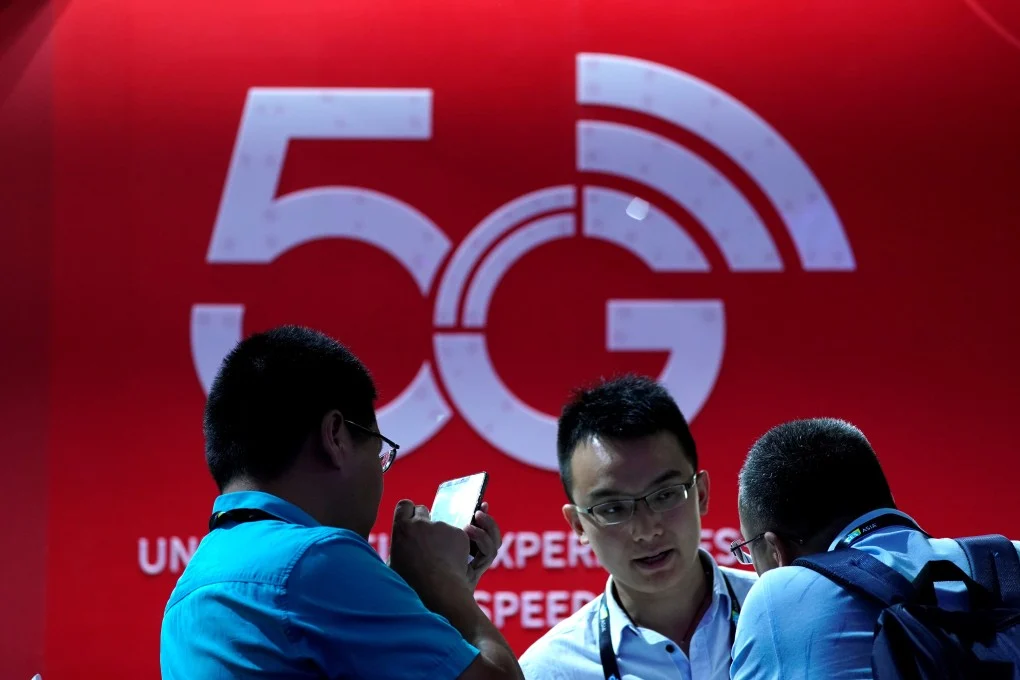On Tuesday, U Mobile, one of Malaysia’s leading mobile data service providers, confirmed that it would leverage infrastructure technologies from Chinese companies Huawei Technologies and ZTE Corporation to roll out the country’s second 5G network. This partnership comes as part of Malaysia’s strategic shift towards a dual-network model for 5G services, aiming to introduce competition and reduce monopolistic control in the telecommunications sector.
The decision marks a significant development in Malaysia’s telecommunications landscape, with U Mobile playing a crucial role in expanding high-speed mobile internet access across the nation. In May 2023, the Malaysian government outlined its intention to dismantle the existing monopoly structure in the telecommunications sector and pave the way for more diverse participation in the 5G rollout.
Dual Network Approach Reflects Broader National Strategy
Malaysia’s shift to a dual-network system was officially announced by the government in 2023, signaling an ambitious move to break up the dominance of the existing single network provider, Digi Telecommunications. By introducing a second player into the market, the government aims to foster healthy competition, which is expected to drive down service costs, enhance service quality, and increase innovation.
The plan also comes at a time when global debates on the role of Chinese companies in telecommunications have grown more heated, particularly in relation to security concerns. The Malaysian government, however, appears committed to a balanced approach by allowing both Huawei and Western companies to participate, despite some countries, especially in the West, voicing concerns over national security.
Huawei and ZTE Chosen for Proven Track Record
U Mobile’s Chairman, Vincent Tan, emphasized that Huawei and ZTE were selected due to their extensive global deployment experience and strong track records in building and maintaining 5G infrastructure in various countries. Both companies are well-known players in the global telecommunications space, having been involved in the successful implementation of 5G networks across Europe, Asia, and Africa.
As part of the agreement, Huawei will manage the 5G network infrastructure for Peninsular Malaysia, while ZTE will be responsible for the deployment in East Malaysia. The decision to split responsibilities based on regional needs is expected to expedite the rollout process, allowing U Mobile to expand 5G connectivity to more areas in a timely manner.
Although the financial details of the deal were not disclosed, the partnership is considered a major step forward in Malaysia’s ambitions to become a leader in next-generation mobile technologies. Both Huawei and ZTE’s involvement ensures that Malaysia will benefit from cutting-edge equipment and advanced network solutions that are integral to supporting the 5G infrastructure.
Prime Minister Anwar Ibrahim’s Support for Huawei Participation
Prime Minister Anwar Ibrahim, in his speech from September 2023, reaffirmed the government’s commitment to a dual-tech approach, allowing for Huawei’s involvement in the country’s 5G rollout. His comments reflect the government’s intention to balance both Western and Eastern technologies, despite concerns from some Western nations regarding the security implications of Huawei’s participation.
Ibrahim underscored the need for Malaysia to make decisions based on economic and technological benefits, rather than giving in to external pressures. His stance aligns with Malaysia’s broader goal of independence in its tech decisions while remaining open to innovation and global advancements. The prime minister’s strategy reflects his broader vision of making Malaysia an important tech hub in Southeast Asia, equipped with next-generation infrastructure that will attract investments and foster technological growth.
Malaysia’s 5G Rollout and Implications for the Telecom Market
The government’s decision to expand the 5G network through a dual provider system is part of a larger effort to liberalize the telecommunications sector, allowing for more robust participation from foreign and domestic players. The introduction of a second 5G network provider is expected to increase competition, which could lead to more affordable services, enhanced internet speeds, and the overall better user experience for Malaysian consumers.
U Mobile’s role in the rollout is significant, as it represents a new phase in Malaysia’s telecom development, one where diverse technological expertise is harnessed to build a nationwide infrastructure. The partnership with Huawei and ZTE positions U Mobile as a critical player in the rapidly evolving mobile data services sector.
As Malaysia embarks on this new chapter in its telecommunications journey, the success of the dual-network model will likely serve as a case study for other countries in the region seeking to modernize their telecom infrastructure while navigating the complexities of international trade relations and technological competition.
This deal marks a pivotal moment for both Malaysia and the larger telecommunications market, as the country’s push for next-generation mobile internet accelerates. With Huawei and ZTE’s involvement, Malaysia is positioning itself to be a central player in the future of global connectivity.












